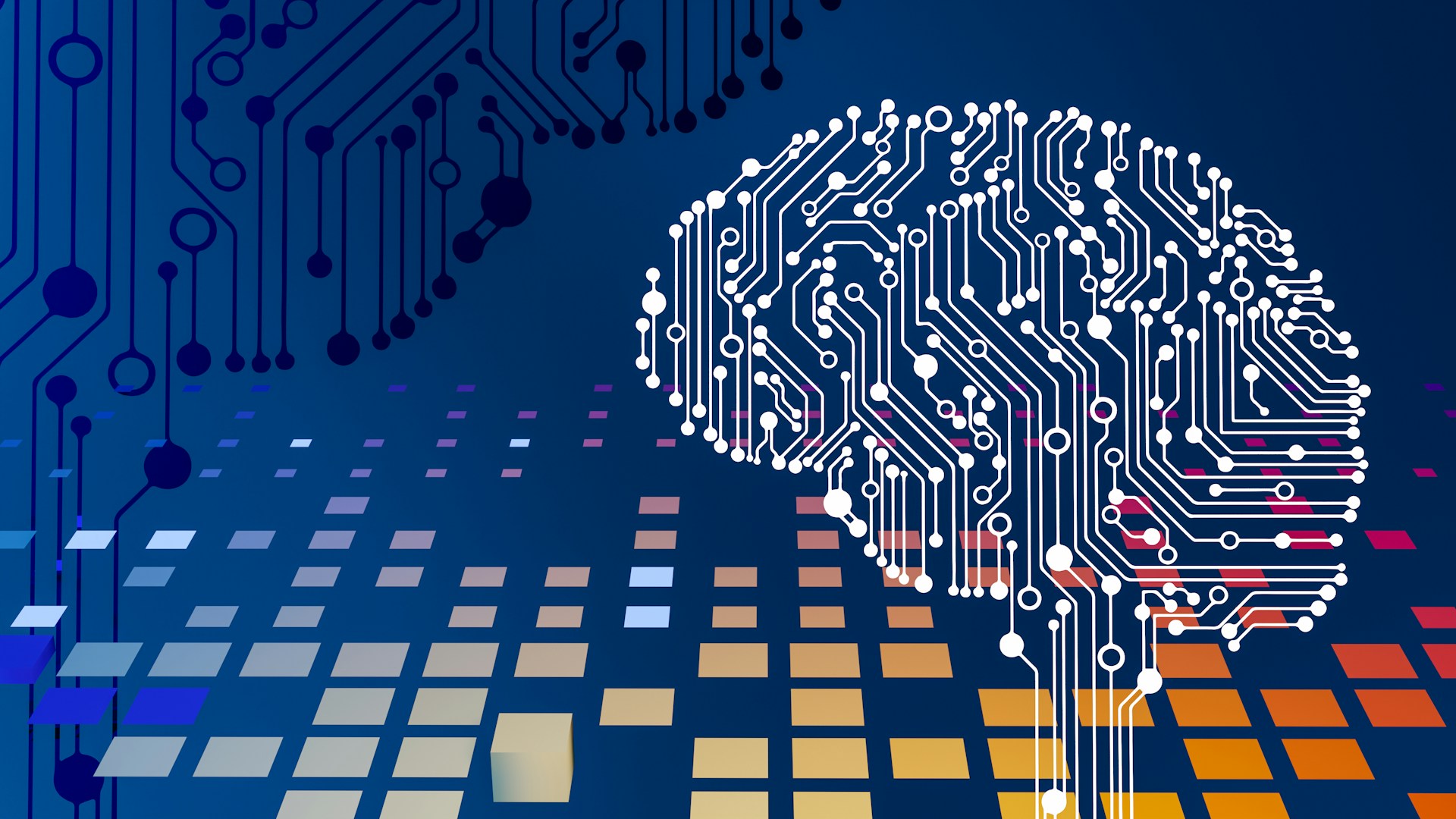Preparing a Workforce in the Age of AI
In the era of Artificial Intelligence (AI), the landscape of work is undergoing unprecedented transformations, challenging traditional job roles and reshaping the very nature of employment. With advancements in automation, machine learning, and robotics—tasks that were once exclusively performed by humans—many jobs are now being efficiently executed by intelligent machines. This phenomenon is not only altering job dynamics but also raising critical questions about the preparedness of the global workforce, particularly in rapidly developing regions like Asia.
One of the primary concerns is the impact of AI on employment patterns. While some argue that AI will lead to widespread job displacement, others maintain that it will create new opportunities and augment human capabilities. The reality likely lies somewhere in between.
Certain jobs in manufacturing, warehousing, data entry, customer service and certain administrative positions may indeed become obsolete. But looking at the flip side, AI will also create requirements for new jobs such as that of data scientists, analysts, AI engineers and cybersecurity specialists who can develop AI-powered security solutions for greater protection.
Myriad of Benefits
AI adoption looks to significantly increase in the coming years. More than 92% of Asian employers expect to use AI-related solutions and tools in their daily work by 2028, with 34% planning to use it extensively. Benefits such as automation of repetitive tasks, improvement of workflows and outcomes, and enhancement of communication are the top reasons most Asian organizations factor in their increasing use of AI.
The emergence of generative AI (GenAI) has unlocked the immense potential that AI can bring. About 97% of Asian employers and 95% of Asian employees believe that GenAI can benefit them at work in at least one way – increased innovation and creativity. Acquiring AI skills could also lead to better compensation and career prospects for employees in Asia. APAC employers are ready to pay a premium of over 33% for workers with AI skills, with workers in India expected to witness the largest salary hike in the region. Both employees and businesses in Asia believe that AI could boost their organization’s productivity by 50% and 51% respectively.
AI is already being deployed to address healthcare worker shortages in the region. Healthcare institutions like the Siloam Sri Wijaya Hospital in Palembang, Indonesia and the National Kidney Transplant Institute (NKTI) in Manila, Philippines have incorporated AI chat assistants in their daily operations. At NKTI, the AI chatbot has already replaced about 80% of the work of contacting patients and doing follow-ups. It will be wrong to assume that AI will replace healthcare workers. Although AI is good in doing mundane tasks, it can never match a healthcare worker’s know-how, views, passion and critical thinking skills.
What Needs To Be Done?
Ensuring AI benefits are realized and leveraged will require policymakers and businesses to act now. And we can see that happening already in the region. Several countries have already developed national AI strategies and roadmaps. India aims to establish itself as an “AI Garage,” providing a playground for global enterprises and institutions to develop scalable solutions. The strategy focuses not only on economic and military growth but also on social inclusion, emphasizing “AI for All” to benefit the entire population. There are more than 1,500 AI startups in India – developing warehouse robots to smart electric scooters using AI functionalities. MNCs such as Microsoft are also collaborating with state governments in India to develop smart AI solutions to curb school drop-outs and help farmers by advising them when to sow certain crops.
More than 95% of employers and 93% of workers in Asia report facing at least one barrier to accessing adequate AI skills training for their organizations or themselves. For employers it is the lack of knowledge in implementing AI workforce training program, while for employees it is not being sure of what AI training programs are available to them.
We can see unique initiatives being born out of the need for building an AI workforce for the future. Reliance Industries, one of India’s largest company announced its plan to partner with NVIDIA in advancing AI in the country. Other than boosting India’s AI ambitions, the partnership will also help develop “an indigenous foundation large language model trained on the nation’s diverse languages and tailored for generative Al applications.”
Greece has also invested millions of euros in developing an AI center of excellence which will help develop novel AI methods to become a world-class reference center in AI for business documents. It will build a platform where researchers, scientists and AI professionals will connect to accelerate innovation. “DICE is a first of its kind center in Greece and has the aspiration to attract talent from all over the world.”
The future holds greater prospect for India’s AI ambitions. The upcoming Horasis India Meeting 2024, will delve on other key topics of interest that will dictate India’s coming future. The two-day event will bring together business leaders from India and Greece to discuss and chart an inclusive path to sustainable growth for both the nations.
While the pace of AI’s impact on jobs can seem overwhelming, it’s important to separate hype from reality. Yes, AI is transforming jobs and industries, but it’s not replacing humans entirely. Instead, it’s changing the nature of work, requiring a shift in skills and roles.
In Asia, this transformation presents both challenges and opportunities. With the right policies and education strategies, countries can leverage AI to drive economic growth and prepare their workforce for the future.
Photo Caption: AI is changing the work landscape significantly.



